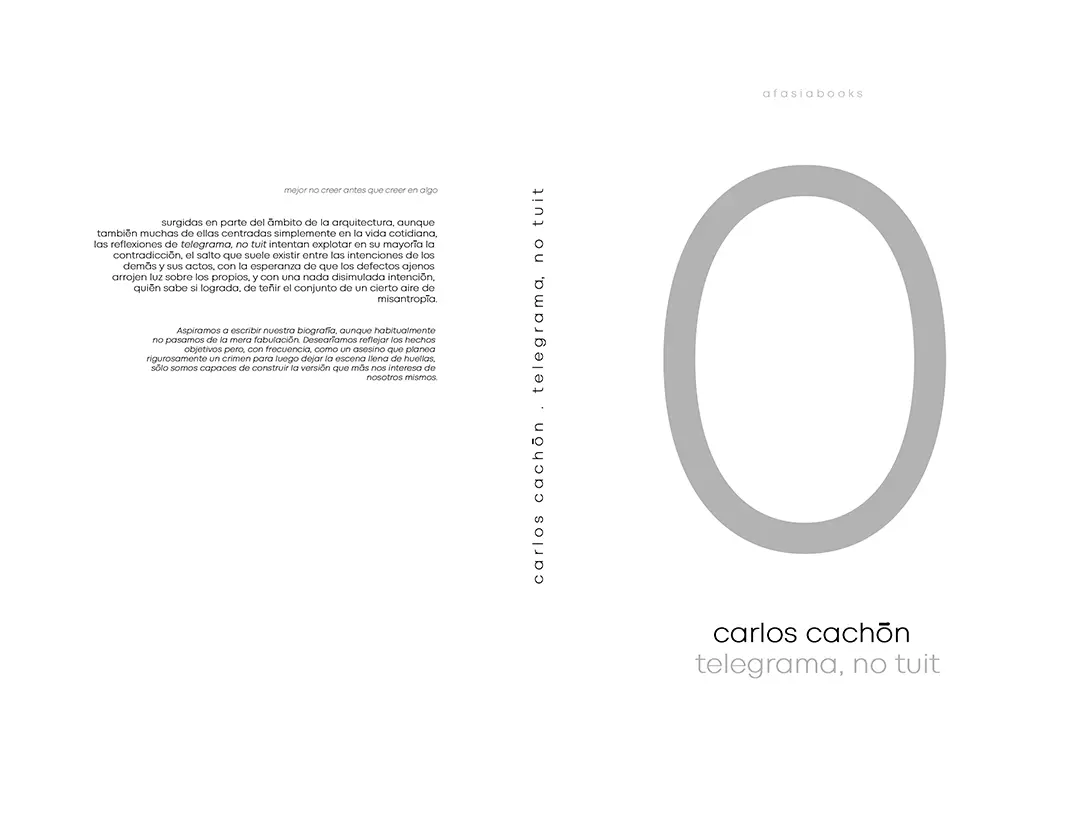Vitra . photos: © Julien Lanoo
The 500-metre-long Álvaro Siza Promenade is a walkway flanked by hornbeam hedges that passes along the west side of Siza’s 1994 factory building and connects the VitraHaus by Herzog & de Meuron with the Zaha Hadid’s Fire Station. It is conceived as a path with various stations: its sequential ‘episodes’ afford wide-ranging views of architecture and nature. These include an S-shaped common area framed by hedges, the Vitra Slide Tower by Carsten Höller and an archaic-looking double chamber formed from interpenetrating brick and granite walls.
The so-called Álvaro-Siza-Promenade consists of an asphalt pathway bounded by two-metre-high hornbeam hedges. In some parts, the hedges flank the path in a linear arrangement while other sections widen and open up to create green spaces. Siza chose hedges to illustrate the changing of the seasons. These are paired with hard, unchanging materials, as can be found in the earlier factory building by Siza: Dutch brick and Portuguese granite. The repertoire of forms and materials is reduced to a small number of elements. The pathway is syncopated with ‘episodes’ – distinctive sequential settings that offer a variety of unique spatial experiences. In the first phase of development, these include an S-shaped common area framed by hedges, the Vitra Slide Tower by Carsten Höller and an archaic-looking double chamber formed from interpenetrating brick and granite walls. The promenade is like a pilgrimage route marked by multiple stations, simultaneously evoking English gardens with its various ‘follies’. With the individual architecturally expressed elements, Siza counters the Romantic idea of an indistinguishable melding of nature and architecture – landscape and geometry follow their own laws but, as is typical of Siza’s work, find their way to a state of balance on a higher level.

.jpg)
.jpg)
.jpg)
.jpg)
.jpg)
.jpg)
.jpg)
.jpg)
.jpg)
.jpg)
.jpg)
.jpg)
.jpg)
